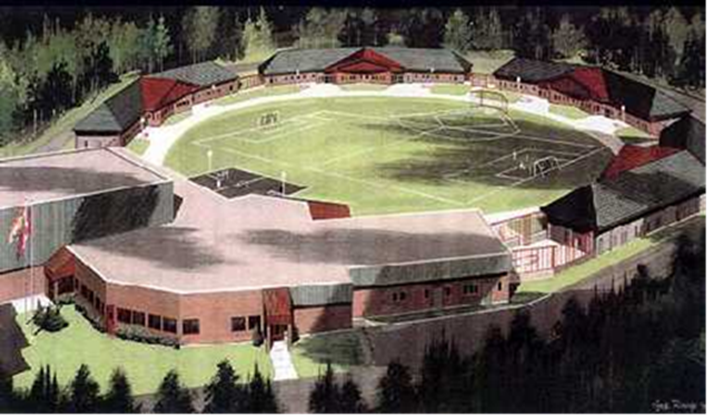The youth justice system in New Brunswick utilizes a continuum of care approach. This Continuum of Care can use different stages to help young people who have become involved in the justice system.
The first stage is diversion, where young people are given options to avoid going through the court system. This includes:
- Extra Judicial Sanctions
- Restorative Justice
- Section 18
If a young person does go through the court system, they may be put on probation. This includes:
- Pre-sentence Reports,
- Section 19
- Intensive Supervision Program
If appropriate a young person can be referred to Integrated Service Delivery. The Continuum of Care may include open and secure custody at Miramichi Youth Campus (MYC).
In open custody, young people reside in a structured environment that may include the opportunity to attend school or work, go on reintegration leave, and have access to a clinical team for mental health supports.
In secure custody, they have access to programs, a clinical team, recreation, and on-site education.
The continuum of care is designed to help young people recover and rehabilitate in the best way possible for their unique needs.

